The Disability Policy Centre Response to The Special Educational Needs and Disabilities and Alternative Provision Improvement Plan
The Government has today published their Special Educational Needs and Disabilities (SEND) and Alternative Provision (AP) Improvement Plan.
The Disability Policy Centre welcomes several aspects of this Plan, challenges other aspects to go further, and we are pleased to see several of our recommendations from our ‘State of the Nation in SEND Education: England’ report have been taken up and implemented.
In particular, we welcome the introduction of new National Standards, especially in the case of Alternative Provisions. One of our recommendations was for ‘Ofsted style ratings’, for Alternative Provisions, to ensure high standards, and to prevent pupils from ‘falling through the net’. We found that in some Local Authorities, up to 100% of the pupils in Pupil Referral Units were registered as SEND pupils, and the evidence suggests that the outcomes for these pupils are often far lower than those of their peers. Higher standards and greater accountability is needed to ensure that no child is held back, whether they in mainstream schools or alternative provision.
Another area that we welcome is improvements in teacher training. The Improvement Plan states that ‘when children and young people who are in alternative provision were asked what would have helped them stay in their mainstream school, the most common answer was teacher training in SEND.’
This is something that we too heard throughout our research; that too many teachers did not have a good enough understanding of disability. This often led to a high number of exclusions, and many missed opportunities for diagnosis. We are pleased, therefore, that the Government is exploring opportunities to build expertise, through the review of the Initial Teacher Training. We are also pleased to see the Government develop guidance on Special Schools Involvement in this.
We called in our report for shared provisions and expertise between both specialist and mainstream schools. The fact that specialist schools and alternative provisions are to have their ‘expertise incorporated into Initial Teacher Training’ is a positive step, and one that will allow us to really share knowledge and expertise across the education sector. The Plan also talks of increasing teacher training and confidence in Assistive Technology, which we welcome.
One area where we would like to challenge the Government to go further is around funding. The Government speaks in this plan around challenging Local Authorities to ensure that they can meet their need, and to ‘encourage mainstream schools to be more inclusive’. However, this does not necessarily solve the issue at hand. Schools should not need to be ‘encouraged’, they should be inclusive by design, and parents, carers and guardians should have real choice in where they send their children. To do this, the system needs an overhaul in how funding is allocated, and an honest question needs to be asked as to whether Local Government finances are the best pot of money to deliver these provisions from. Schools and Local Authorities should feel confident that they are in a position to give each child the support that they need, without constraints, so that each child can flourish.
Overall, we welcome this Improvement Plan today, and we look forward to monitoring its progress in the coming years ahead.
Image Alt-Text: An image of children sat around a desk in class, working from a workbook. The main child is a black child with black hair and a green t shirt. He is looking at his book as he works. There are other children around him, all with their heads down. The two girls closest in the frame are white girls with long hair, one brown and one blonde. They all look like they are concentrating intently on their work.

